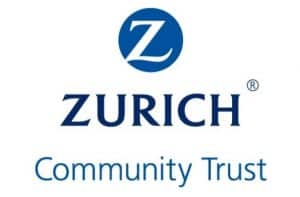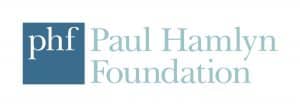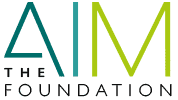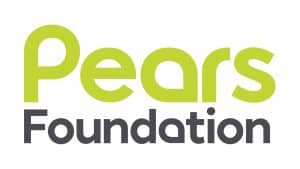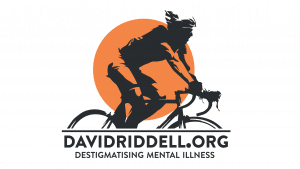Patrick Myers reflects on year one of the Reducing Parental Conflict Programme
 In April 2020, the Reducing Parental Conflict Programme will have been operational for one year. However, much work took place prior to the launch of the programme to test new approaches to relationship support and gather the evidence of the impact that frequent, intense and poorly resolved conflict has on children. We have learnt a lot and across government there is real interest in how we make this evidence relevant to other initiatives and programmes.
In April 2020, the Reducing Parental Conflict Programme will have been operational for one year. However, much work took place prior to the launch of the programme to test new approaches to relationship support and gather the evidence of the impact that frequent, intense and poorly resolved conflict has on children. We have learnt a lot and across government there is real interest in how we make this evidence relevant to other initiatives and programmes.
In times like these families can feel great strain from the additional pressures that the current Coronavirus pandemic is placing upon them. Be that anxiety, additional insecurity or the fact that families are having to combine home working with childcare and educational tasks – all of these factors have the potential to increase tension within families. This means that our programme has additional relevance in these uncertain times, by recognising that there may be even more families in need of support.
We have invested in helping local areas begin to think collectively about how they will use the evidence to inform strategic and practical approaches to the issue. 149 local authorities on behalf of their partners have also taken the opportunity to access training for frontline practitioners to develop or refresh existing skills and knowledge about inter-parental conflict and how they can help. The training is comprised of four models. They cover the current evidence base, helping front line practitioner ask challenging questions, actions that can be taken if conflict is revealed and support for managers and supervisors. Training will continue through virtual means.
This approach is about making sure there is capacity across the workforce and a continued opportunity to sustain this learning through our train the trainer modules. Helping practitioners to identify the signs of inter-parental conflict through understanding the evidence can support local areas to have a local response to any increased demand in this area as a result of the current situation.
Testing interventions that work with parents to address conflict whilst also offering parenting support will provide additional evidence of what works to reduce conflict in households. Evidence from the commissioned academic research has highlighted the importance of testing these approaches and 31 local authorities are supporting us to learn about the efficacy and applicability of 8 interventions that parents can access. Once we have learnt enough, we will be able to share widely those interventions that show promise and can help parents in their efforts to change their behaviour and improve their children’s outcomes.
We also know that there is a bi-directional relationship between alcohol and inter-parental conflict. So along with Public Health England and the Department for Health and Social Care, we have developed an Innovation Fund that is supporting 9 areas to test approaches that support children with an alcohol dependent parent. This again is about improving home environments so that children are able to thrive and be the best that they can be.
Creating the right conditions which support children and young people to be the best they can be is the driving force behind the programme. The programme is making sure that we act on the compelling evidence that growing up with parental conflict matters, because of the impact on children’s outcomes that can last a lifetime. Personally I am delighted to be a part of a programme that places the health and wellbeing of children at the centre whilst working with parents whether they are together or not, to do all they can together to make childhood a happy one.
Of course in these challenging times we may have to adapt how we provide support to parents, families and the training to the workforce. Whatever form that takes, the commitment to work with families to change behaviour and create more positive home environments remain steadfast.
Patrick Myers
Senior Ambassador – Reducing Parental Conflict Programme
patrick.myers@dwp.gov.uk
Support:
If you are affected by inter-parental conflict or concerned about a child who might be, please contact ChildLine for advice and support on 0800 1111 (FREE) or via www.childline.org.uk.

